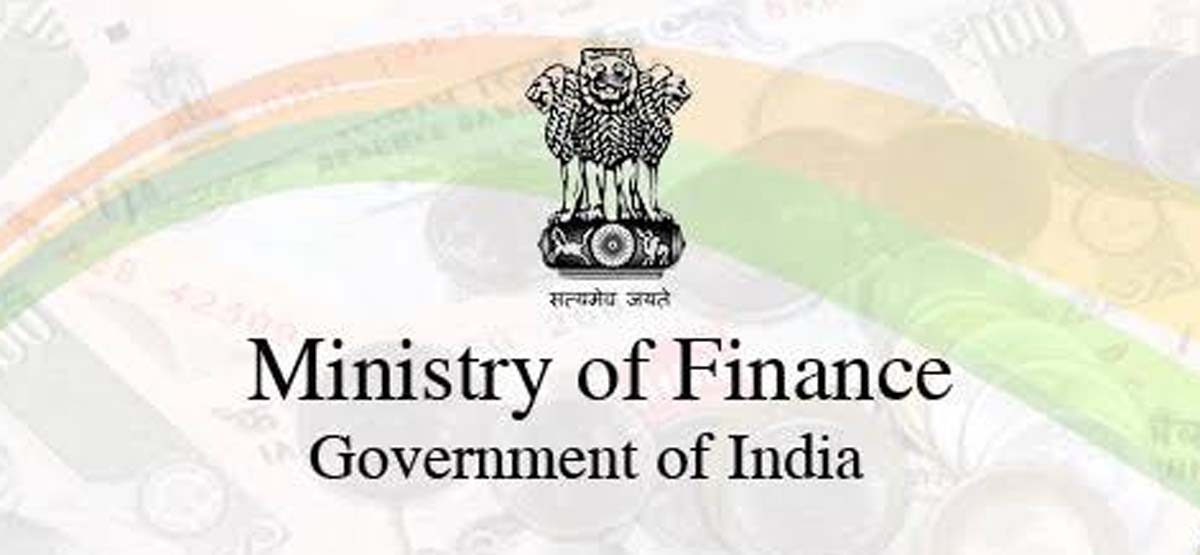Instructions issued to all Admn Secys for strict compliance
*Existing exemptions to far-flung areas to continue
Mohinder Verma
JAMMU, Sept 4: Now, e-procurement guidelines of the Department of Expenditure of Union Finance Ministry will govern all Government purchases and works in Jammu and Kashmir with Financial Commissioner Finance Department issuing instructions to all the Administrative Secretaries for strict compliance in this regard.
The step has been initiated on the intervention of Department of Jammu and Kashmir Affairs in the Union Ministry of Home Affairs, which vide Communication No.110414/05/2014/K-I/III dated August 21, 2019 had advised the Government of Jammu and Kashmir to implement the e-procurement guidelines as laid down under Rule 160 of the General Financial Rules, 2017 of Department of Expenditure of Union Finance Ministry.
While drawing attention of all the Administrative Secretaries towards Rule 160 of the General Financial Rules, 2017, the Financial Commissioner Finance Department Dr Arun Kumar Mehta has advised them to implement the e-procurement policy in the State for Government purchases and works while strictly adhering to the guidelines laid down by the Department of Expenditure of Union Finance Ministry.
As per the guidelines, it is mandatory for departments to receive all bids through e-procurement portals in respect of all procurements and the departments which don’t have a large volume of procurement or carry out procurements required only for day to day running of offices and also have not initiated e-procurement through any other solution provided so far, may use e-procurement solution developed by NIC.
“Other departments may either use e-procurement solution developed by NIC or engage any other service provider following due process”, states Rule 160 of the General Financial Rules, 2017. However, these instructions will not apply to procurement made by departments through DGS&D (Central Purchase Organization of Government of India) rate contracts/GeM e-procurement portal.
In individual case where national security and strategic consideration demands confidentiality, departments may exempt such cases from e-procurement after seeking approval of the competent authority with concurrence of the Finance Department, the guidelines further state.
However, existing exemptions to far-flung areas with respect to e-procurement as prescribed from time to time shall continue to apply, read the circular issued by the Financial Commissioner Finance Department. This has been decided keeping in view poor internet connectivity in such areas.
The purchase through Government e-market place (GeM) shall be regulated by Rule 149 of the General Financial Rules, 2017, which states: “DGS&D or any other agency authorized by the Government will host on online GeM for common use goods and services and DGS&D will ensure adequate publicity including periodic advertisement of the items to be procured through GeM for the prospective suppliers”.
The credentials of suppliers on GeM shall be certified by DGS&D and the procuring authorities will certify the reasonability of the rates. “The GeM portal shall be utilized by the Government buyers for direct on-line purchases up to Rs 50,000 through any of the available suppliers on the GeM meeting the requisite quality, specification and delivery period”, read Rule 149.
Moreover, the GeM portal shall be utilized for on-line purchases above Rs 50,000 and up to Rs 30,00,000 through the GeM seller having lowest price amongst the available sellers of at least three different manufacturers on GeM meeting the requisite quality, specification and delivery period.
This monetary ceiling will be applicable only for purchases made through GeM and for purchases, if any outside GeM relevant General Financial Rules will be applicable.
“The departments shall work out their procurement requirements of Goods and Services on either OPEX model or CAPEX model as per their requirement at the time of preparation of Budget Estimates and shall project their annual procurement plans on GeM portal within 30 days of Budget approval”, Rule 149 further states.
Under this Rule, the Government buyers will ascertain the reasonableness of prices before placement of order using the Business Analytics tools available on GeM including the last purchase price etc. Moreover, a demand for goods shall not be divided into small quantities to make piecemeal purchases to avoid procurement through GeM or the necessity of obtaining the sanction of higher authorities required with reference to the estimated value of the total demand.
These guidelines will go a long way in ensuring utmost transparency in the Government purchases and works.


